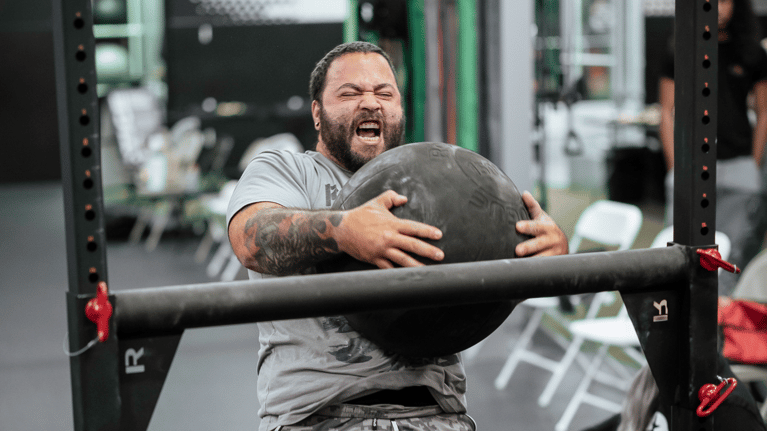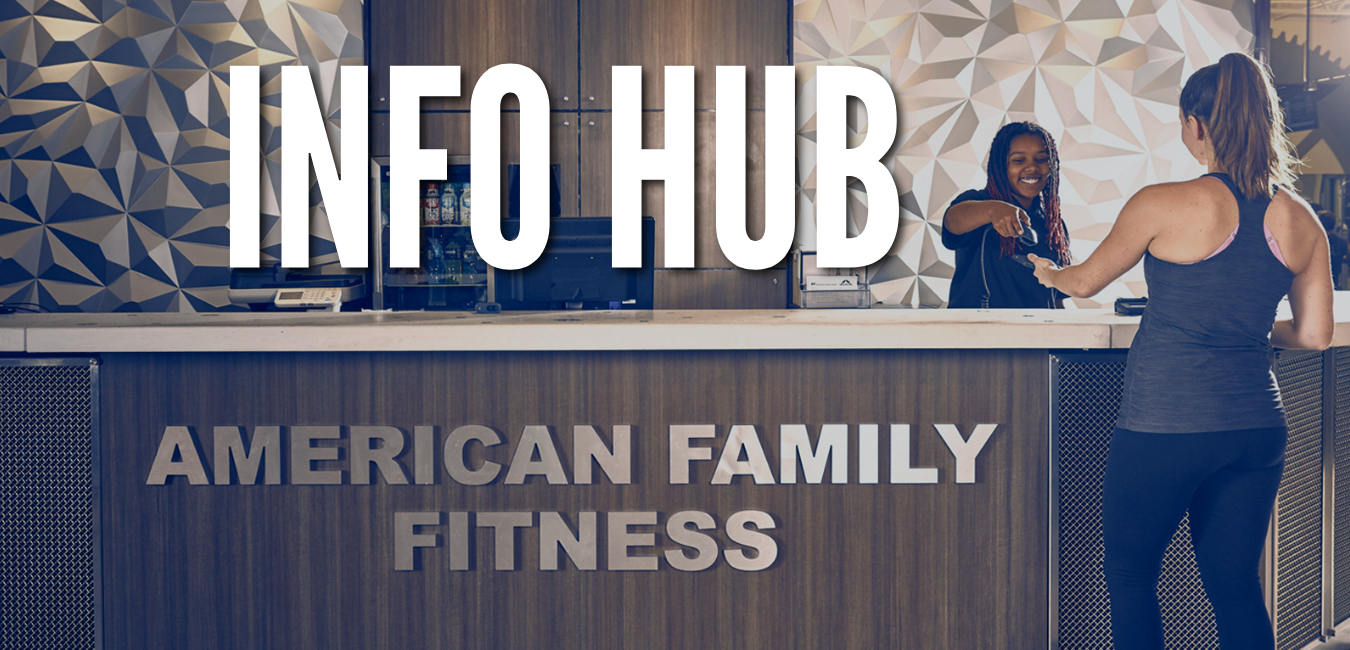
Stress – we’ve all experienced it, and we’ve accepted it as part of our daily lives. When you hear the word stress, your initial reaction is probably negative – your jaw clenches, your shoulders tighten, your mind becomes acutely alert and picks up on every little thing around you. But, don’t stress! We have 5 ways for you to check yourself before you stress yourself out.
Breathe

This is simple yet challenging all at once. We breathe all day, every day without even noticing. While breathing is an involuntarily bodily action, stress can alter your breathing patterns so that the quality of breath diminishes. Your breathing can become short and shallow and if continued can prevent oxygen from getting to your blood. Oxygen is needed to burn fuel (food) to produce energy, so if you’re unintentionally limiting your oxygen intake your energy can diminish.
The next time you’re feeling stressed, try this 3-part breathing technique to slow your breath and maximize oxygen intake. To perform this technique, find a comfortable position either seated or lying down. Whichever position you choose, encourage a long spine by grounding through your sit bones, lifting your lower ribcage away from your hips, relaxing your shoulders down away from the ears, and lengthening from the base of your next through the crown of your head. Inhale for a count of 4, directing your breath to your belly first, then expanding through the ribs, then lifting through the chest. Exhale for a count of 4 allowing the chest to fall, the ribcage to reset, and the belly to retract. Continue this technique keeping a slow, even pace on your inhale and exhale for 2-5 minutes (or longer). For internal feedback, try resting your left hand over your navel and your right hand over your heart and feel the breath expanding through these areas of your body.
Take an honest look at your personal and professional schedules.
We live in a society where hard work is encouraged and rewarded, and “the grind never stops” even when you’ve achieved success. We commend the hard work and know that any success takes hard work and dedication – but the stress of doing it all can overshadow and diminish feelings of success. Take a look at your planner (and if you don’t have one, write down everything that you’ve committed to doing) and ask yourself if each thing is either critical to your success or taking away from your success. Be honest with yourself and know that it’s okay to NOT to everything you’ve planned to achieve success.
The same goes for your gym routine. Exercise is beneficial stress that you put on your body with the intention of adapting to that stress and making gains. But even the human body has a limit on the physical stress that it can handle before things can go wrong (ever heard of repetitive stress injuries?). Take a look at your gym routine, even write it down if you haven’t. Be specific – on what days are you training which areas of your body? What types of training are you doing (resistance training or cardio)? Are you only taking cycling classes and nothing else? If you work out daily, are you conscious of overtraining legs or arms 3 days in a row? When you see your routine and can identify any patterns of repetitive physical stress, you should consider revising your routine to ensure that it provides balance. Finding a balanced routine can limit the risk of repetitive stress injury so you can continue to be active for longer. As always, consult your physician before beginning any new exercise regimen.
Learn to say no to others FOR YOU.

News flash – it’s okay to say no! Really, it is okay. You don’t need to do everything that someone presents to you. Overcommitting yourself by saying “Yes” to everything will take time away from you and can lead to stress. If you’re presented with something and you’re not sure if you should commit, ask yourself these questions: Is this something I will enjoy [or] Is this something that will directly contribute to my success? Do I have room in my schedule to take on more obligations? Will this opportunity be available at another time? If you’ve answered “No” to at least 2 of these questions, you may consider declining this opportunity to avoid overcommitting.
Address any issues in your tissues.
Stress can manifest physically in tight muscles and tissues throughout your body. Consider different techniques to release physical tension. There are so many to choose from, including Yoga, massage therapy, self-myofascial release, sensory deprivation or “float” therapy, and guided meditation practices geared specifically to the physical release. Try a few different methods to find what makes you feel less stressed physically.
Make time to do things that you enjoy!
Once you’ve evaluated your schedule and removed any non-critical obligations, use your available time for YOU. Watch that show you’ve been dying to binge on Netflix, read a fun book, go away for the weekend, grab coffee with your friends, or get those issues worked out of your tissues. Do something that will keep your focus on you and keep your mind from gravitating to what you think you should be doing.
Article contributed by Lauren Rinker
Lauren Rinker is the Group Fitness Manager at Virginia Center Commons and teaches a variety of classes, including POWER®, CORE®, BLAST®, Yoga, and Fusion small group and team training. She started her Group Fitness career in 2012 after her childhood dream of being a storm chaser didn’t work out due to the immense fear of tornados, and accredits Group Fitness for transforming her life. She loves how Group Fitness and Social Media share the same impact of making and maintaining meaningful connections between people . When she’s not teaching or taking pictures for the VCC Facebook page, you can find her working out, reading, checking off her To-Do lists, drinking coffee, or eating her favorite foods. A self-proclaimed cat lady and night owl, Lauren loves to recharge in the evenings by watching Netflix with her two Instagram-famous cats.







